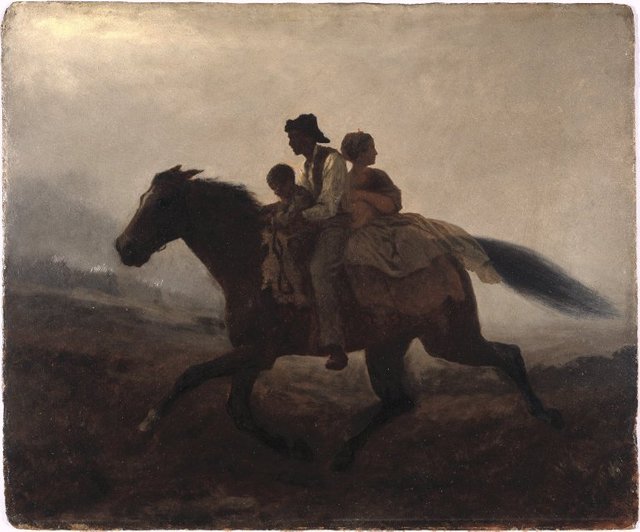Legality Vs. Morality
It seems the first objection to liberty and morality is usually an appeal to legality. What is the source of this alleged legal authority? How can the edicts of distant politicians alter the nature of morality? How can acquisition of a permission slip change the nature of an action from bad to good?
Don't get mad at the cops. They don't make the laws, they just enforce them.
Well, if you don't like the law, you need to work within the system and change the law!
You can't do that unless you get a permit first.
But that's illegal!
None of these statements contain any substance. To illustrate my point, consider the following:
The Underground Railroad was a criminal conspiracy to deprive people of their "lawful property" in flagrant violation of the United States Constitution and federal law. This should always spring to mind whenever someone cites the law as an authority. Good people didn't wait for political permission, they broke the law to do what was right. The political solution was the Civil War, which wasn't even waged to free slaves until Lincoln needed to re-brand his quagmire to boost public morale and get re-elected.

A Ride for Liberty -- The Fugitive Slaves, by Eastman Johnson, ca. 1862. Public domain. Image credit
Legality has no intrinsic moral or rational authority, and the only obligation you can ever have to an unjust law is your own risk/reward calculation. At least have the courage to question the virtue of the lawmaker and the law enforcer along with that of the lawbreaker. Exercise your conscience, and use it rather than the opinions of others as your guide.
The appeal to authority - the defense of the non thinking...